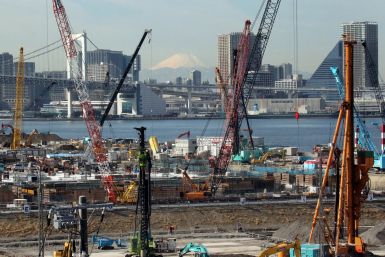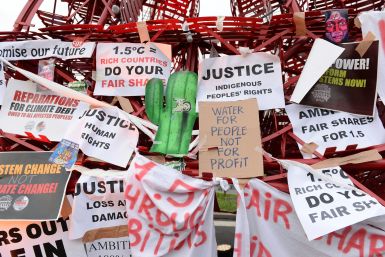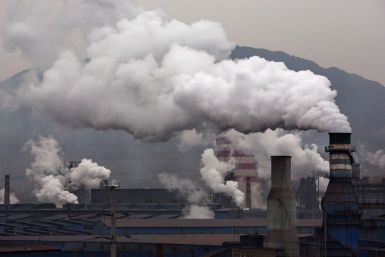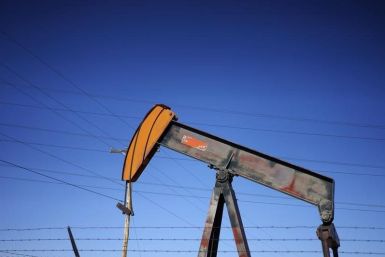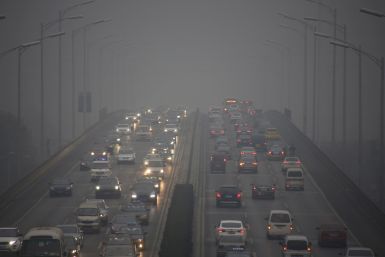The outspoken Pu Zhiqiang faces eight years in jail if found guilty on charges the U.S. has criticized as "vague."
According to a Bank of Japan survey, corporations are positive about the future despite global headwinds and weak domestic consumption.
"It is time for the world to free itself of the strictures of Doha," says the top American trade official, Michael Froman.
Chinese consumers bought more fully electric cars in 10 months than the U.S.-based Tesla Motors Inc. has sold in its 12-year history.
Deep in the historic climate-change agreement is an inelegant reference to what some analysts believe could eventually build a bridge to a global CO2-emissions trading mechanism.
Popularly known as the queens of North Korea's pop scene, the Moranbong Band gave no reason for the cancellation Saturday.
President Xi Jinping skipped the main event that marked the alleged killing of 300,000 Chinese people by Japanese troops in 1937.
China's Defense Ministry called its military drills in the region routine, while objecting to the U.S. sending a spy plane to Singapore.
However, China and a number of other developing countries say they are pleased with the new agreement.
The landmark agreement was presented to delegates in Paris Saturday after negotiators worked overtime to iron out differences.
The countries also agreed to cooperate on peaceful use of nuclear energy during Japanese Prime Minister Shinzo Abe's visit to India.
The country’s industrial production, retail sales and new-loans growth surpassed analysts' expectations in November.
A years-long effort for a universal pact to prevent catastrophic climate change may be concluding.
China’s e-commerce giant plans to buy Hong Kong’s leading English-language newspaper, sparking concerns that Beijing will influence editorial content.
The government this week finished notifying 21.5 million people affected by the breaches, but others remain unaware because of address changes or other reasons.
Diplomats are racing to resolve a handful of key sticking points this weekend as countries seek to dramatically reduce their dependence on fossil fuels.
Chinese e-commerce giant Alibaba Group just agreed to buy Hong Kong's leading English-language newspaper, the South China Morning Post — the latest step in its burgeoning media ambitions.
A look at the best smartphones on the market today, including the OnePlus X, Nexus 6P, iPhone 6S and Galaxy S6 Edge+.
As crude oil prices dip to seven-year lows, it appears global oil markets will remain oversupplied at least until the end of 2016 as demand growth slows and OPEC output booms. Grace Pascoe reports the warning from the International Energy Agency comes after a bad week for markets.
After China's first pollution "red alert" this week, the government is regulating the number of cars on roads. But there are no restrictions on electric cars. This could prove to be a boost for an already booming electric car industry, as China is already poised to overtake the United States at the largest market for electric cars.
The purchase of Hong Kong's largest English-language newspaper also includes licenses to a range of other media properties in the region.
Several countries, including China and Saudi Arabia, did not agree on the draft text, forcing France to extend the summit till Saturday.












